Premium Only Content
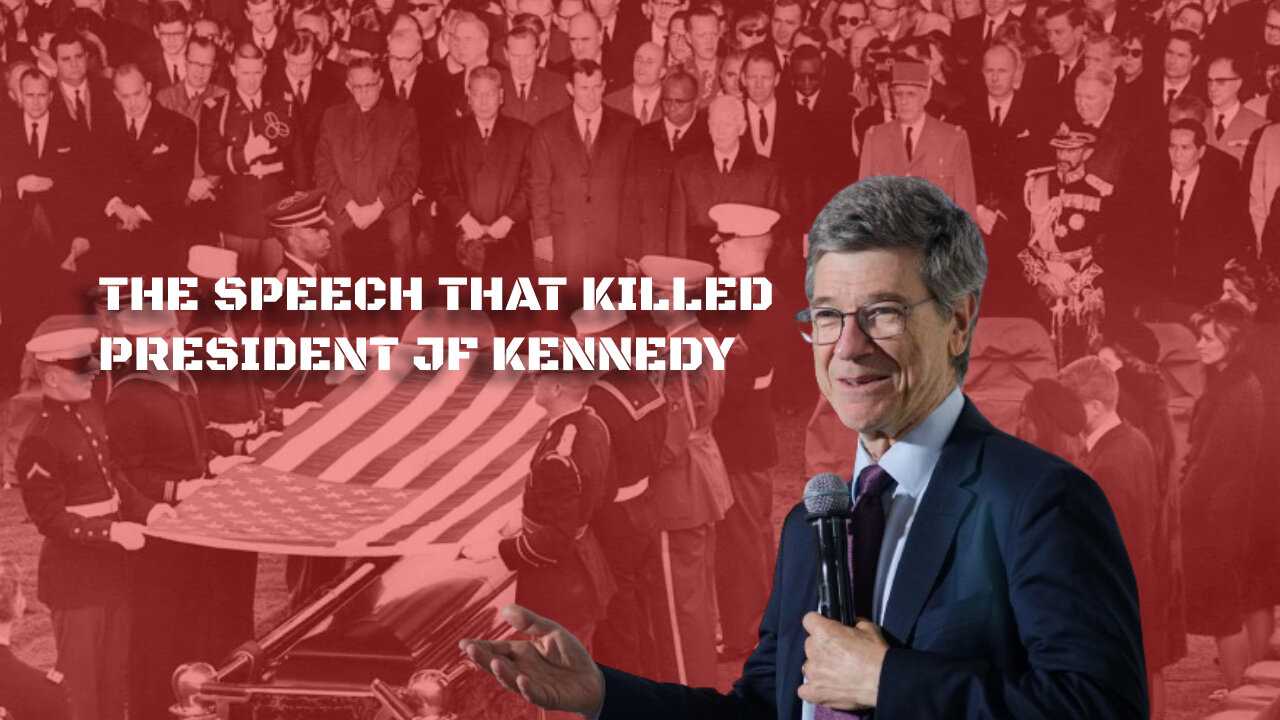
The Speech That Killed President JF Kennedy | Jeffrey Sachs
The suppression of voices advocating for peace and truth persists even today, rooted in power dynamics, political agendas, and societal structures.
Firstly, those in positions of power often have vested interests in maintaining the status quo, which may involve perpetuating conflict or concealing inconvenient truths. Peace advocates and truth-tellers can pose a threat to these interests by challenging the narratives that uphold existing power structures.
Secondly, misinformation and propaganda can be used to manipulate public opinion, delegitimize peaceful movements, and discredit truth-tellers. This can create an environment where dissenting voices are marginalized or silenced.
Moreover, fear plays a significant role in suppressing voices of dissent. Threats of violence, harassment, or legal action can intimidate individuals into silence, particularly in regions where freedom of expression is restricted or where impunity for attacks on activists is common.
Furthermore, economic interests can influence the suppression of peace advocates and truth-tellers. Industries such as the military-industrial complex may benefit from perpetuating conflict, while powerful corporations may seek to conceal harmful practices or environmental damage to protect their profits.
In essence, the suppression of voices advocating for peace and truth reflects broader issues of power imbalance, manipulation of information, fear tactics, and economic incentives. Overcoming these challenges requires concerted efforts to defend freedom of expression, promote transparency, and hold those in power accountable for their actions.
#jfkennedy #peace #america #soviet #marklegendgangmei
-
 1:12:36
1:12:36
Geeks + Gamers
3 hours agoMoana 2 Soars To MASSIVE Thanksgiving Box Office, EVERYONE Is Turning On Disney Star Wars
30.9K2 -
 46:06
46:06
Steven Crowder
3 hours agoPREMIUM ONLY: Friday Behind the Scenes & Scrapyard Combo Grab Bag!
58K37 -
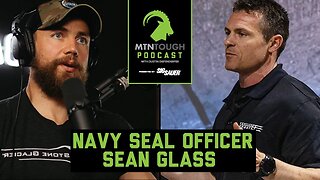 1:30:21
1:30:21
MTNTOUGH Fitness Lab
3 hours agoLeadership Lessons from a Navy SEAL Officer: Sean Glass on Leading in Combat & Business |MTNT POD#92
332 -
 21:52
21:52
Brewzle
1 hour agoI Went Bourbon Hunting For RARE Bottles in Kentucky
1.51K1 -
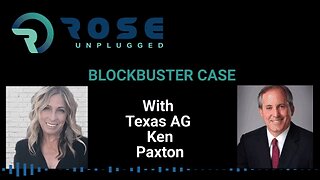 13:35
13:35
ROSE UNPLUGGED
4 hours agoBlackRock, Vanguard Accused of Antitrust Violations By Texas
8961 -
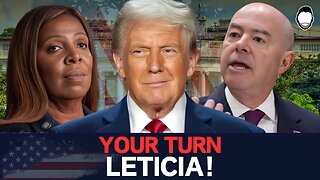 1:27:11
1:27:11
Robert Gouveia
3 hours agoTrump Targets TISH; Party Time at Mar-a-Lago; Border Patrol CRUSHED in RAZOR WIRE Ruling
24.1K13 -
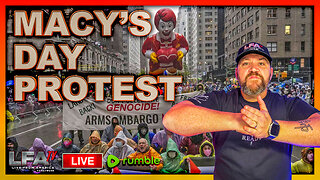 1:59:55
1:59:55
LFA TV
14 hours agoMACY'S DAY PROTEST! | LIVE FROM AMERICA 11.29.24 11am EST
30K22 -
 11:45
11:45
Chris From The 740
21 hours ago $5.92 earnedThe AK Projest Is Finished - So Let's Check It Out
22.1K2 -
 LIVE
LIVE
SilverFox
15 hours ago🔴LIVE - WoW NEWBIE - Level 15 Warrior
380 watching -
 LIVE
LIVE
wyspers
2 hours ago1st Rumble Stream! - Black Friday - College Football 25 - Dynasty year 2
68 watching